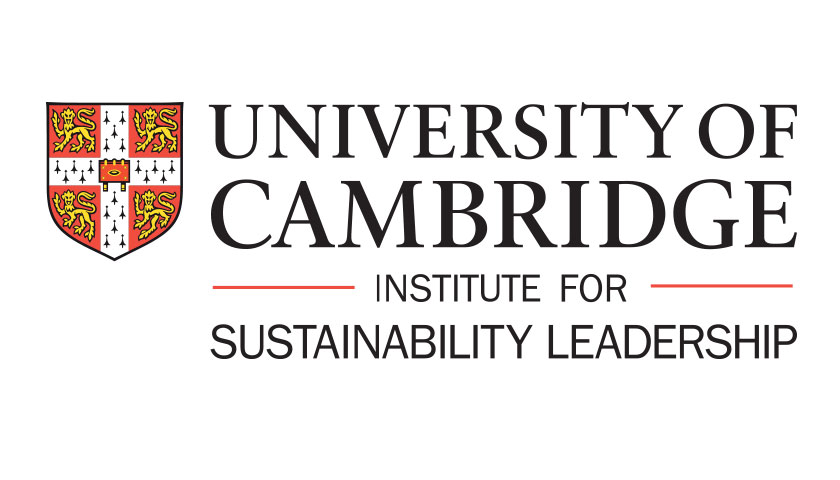This week the University of Cambridge has published its Annual Environmental Sustainability Report, which provides details of the University’s successes in sustainability, the lessons learned and the plans for the forthcoming year. The report, highlights the collective impact of partners across the university including projects from Schools and Departments, as well the Sustainability Team, Cambridge Zero
Speaking about the report the VC Chancellor Professor Stephen J Toope said:
“As this Report shows, progress towards our ambitious SBT is firm, and makes Cambridge a national and global leader in tackling the climate emergency. Our work with government, industry and research partners around the world is critical to a zero carbon future. I am very proud of the work being done by the University’s Sustainability Team, Cambridge Zero, the Cambridge Conservation Initiative and the Cambridge Institute for Sustainability Leadership to develop solutions for a fair, sustainable future.”
CISL’s initiatives included in the report:
- The Entopia Building, our world-leading retrofitted sustainable office that should set new standards for low energy use, carbon emissions and impact on natural resources as well as user experience and wider wellbeing. The building aims to achieve Passivhaus ‘EnerPHit’ certification as well as BREEAM ‘Outstanding’ and Well (Gold) certification.
- The Future we Want, which was launched by CISL in response to the pandemic to promote a global conversation about our long-term collective future among leaders in business, government, civil society and academia.
- Growth of CISL’s education programmes, as this year 165 new students joined the Master of Studies (MSt), Postgraduate Diploma and Postgraduate Certificate programmes, and in total 11,000 people from businesses globally attended one of our education programmes.
- CISL’s Unleashing the sustainable business report series that explains why a purpose-driven approach to business is the optimum route to create a durable, equitable and sustainable future.
- The Aviation Impact Accelerator, a project led in collaboration with the Whittle Laboratory which is building an interactive evidence-based simulator to explore scenarios for achieving net zero flight.
- Let’s Discuss Climate, a guide to bank-client engagement developed by our Banking Environmental Initiative which equips banks with the context, questions and ideas to have meaningful conversations with large corporate clients about their decarbonisation plans and financing needs.
- The UK Business Group Alliance for Net Zero, a network convened with the aim to increase ambition to achieve a net zero UK by 2050 at the latest. It brings together some of the most ambitious and proactive business groups and organisations, including our UK Corporate Leaders Group, to work collaboratively with the UK Government and other stakeholders to champion both business and government action on climate change.
